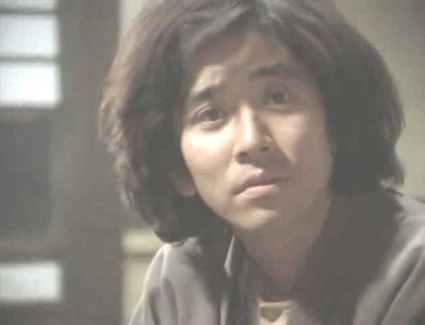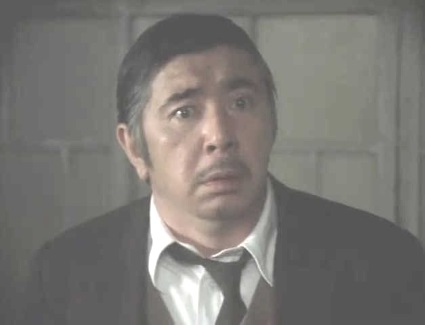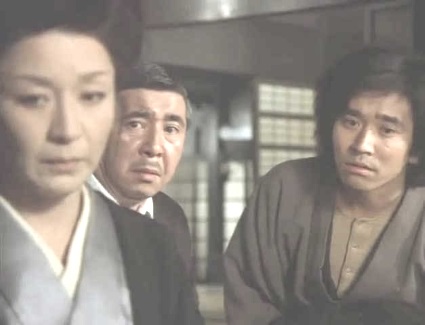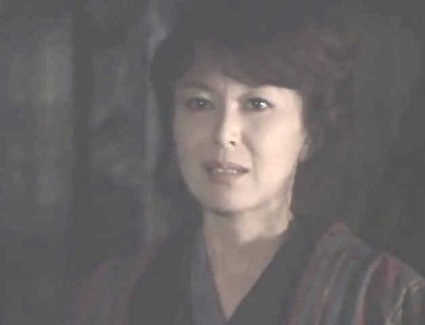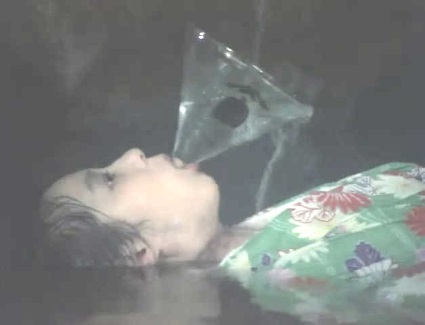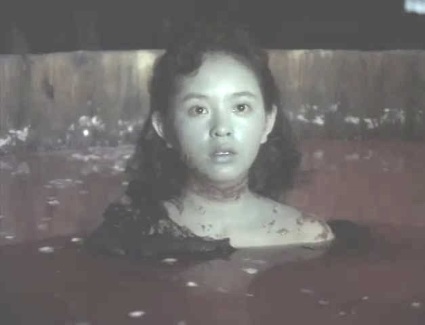Lullaby to Kill
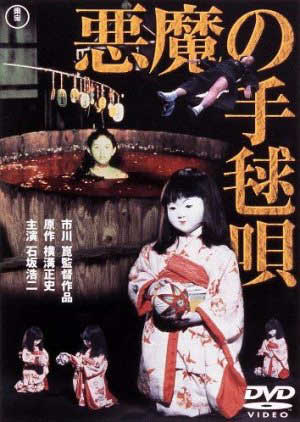
Director: Kon Ichikawa
Year: 1977
Rating: 7.0
Aka
- The Devil's Ballad
Aka - Akuma no temari-uta
I dove headfirst into my fourth Kôsuke
Kindaichi tale of murder - all directed by Kon Ichikawa. These are mysteries
as well as IQ tests. Trying to follow them and the multiple characters and
their relationships to one another takes a master class in logistics. And
if you have a bad cold as I do, you may need a scorecard. I should have kept
one but will see if I can make any sense of it. The Kindaichi's novels were
written by Seishi Yokomizo - over seventy of them of which I have read only
two. Most have not been translated. But from the books and adaptations, it
seems that they are steeped in large extended families, tradition, status,
hate, grievances from the past and Japanese culture. And are convoluted as
hell. The books are great - slow, filled with characters and death. Into
these complex situations comes the private detective Kindaichi - a bit slovenly,
a bushy head of hair, an unhurried approach who gets to the bottom of things
eventually - but generally a number of other people have been murdered while
he figures it out. He is no Sherlock Holmes - more akin to Columbo as he
sorts through all the relationships of the people. Many take him for an idiot
but his brain is always churning, shifting through the information.
